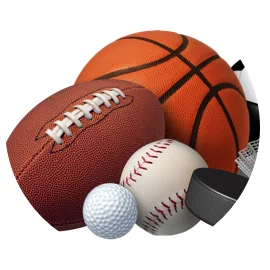
LeGemCharr Portable Electric Piano Keyboard Piano 88 Keys Musical Keyboard 88 Key Electronic Piano Electric

New Style Upright Piano China Professional Portable Musical Instrument 88 Weighted Keys Electric Electronic Digital Pianos




















Acrylic grand pianos offer a unique appearance in their distinct completely transparent body that adds beauty to performance. Popular brands like Kawai acrylic pianos and Perspex grand pianos have models that swap the conventional black box that covers the internals for a transparent outlook. Perspex grand piano similarly reveals the heart of the piano and being built with acrylic gives it a higher value than traditional wooden pianos. Generally, acrylic grand piano prices are also higher than those made with wood.
Yes, acrylic pianos sound just as good as traditional pianos. However, how good the sound is, depends on the exact model in question. The soundboard of an acrylic piano determines the quality of the sound. High-end pianos mostly make use of alpine spruce for the soundboard, giving it a melodious tone. In addition, the body, shape and lid of the piano act as amplifiers, helping the sound bounce out to space at the highest and cleanest quality.
Overall, quality acrylic pianos sound just as good as their equivalent wooden pianos, especially if you opt for high-end models.
There are three types of digital pianos – portable pianos, upright pianos and grand pianos. Generally, grand pianos have the best sound with higher quality sound system and more friendly key movement and experience. However, it is costlier and only custom-made by certain manufacturers. Upright pianos are mostly used in homes, and both come in digital and acoustic versions.
Portable pianos are lighter than the other two and come with foldable legs. Not being high production quality, they are mostly made of plastics and used for personal purposes and learning.
Acoustic and digital pianos have their respective advantages and disadvantages. Firstly, acoustic piano produces better sounds due to the natural vibration it emits when the hammer strikes a string. Digital piano on the other hand only mimics the sound of acoustic pianos through a digital pre-recorded file.
From the acrylic exterior to the felt on its hammers and strings, acoustic pianos, however, requires more maintenance than digital pianos. Lack of proper maintenance could greatly reduce its lifespan. The piano needs to be tuned about 1 to 2 times yearly by a professional and the body may be sensitive to certain temperature fluctuations.